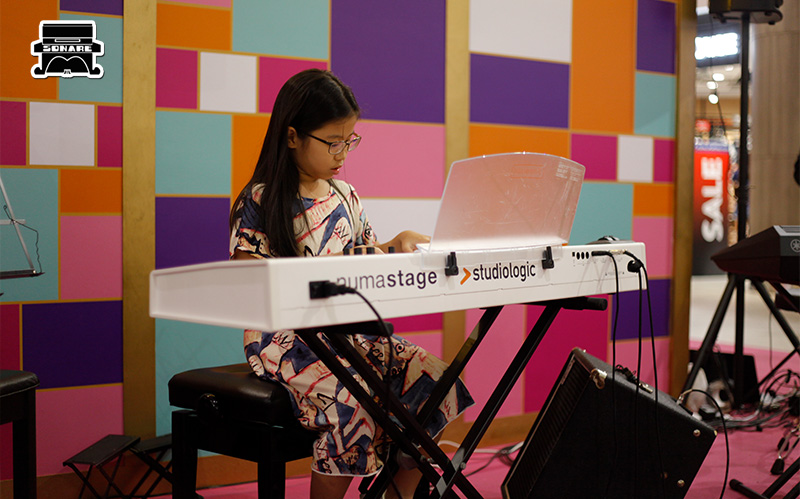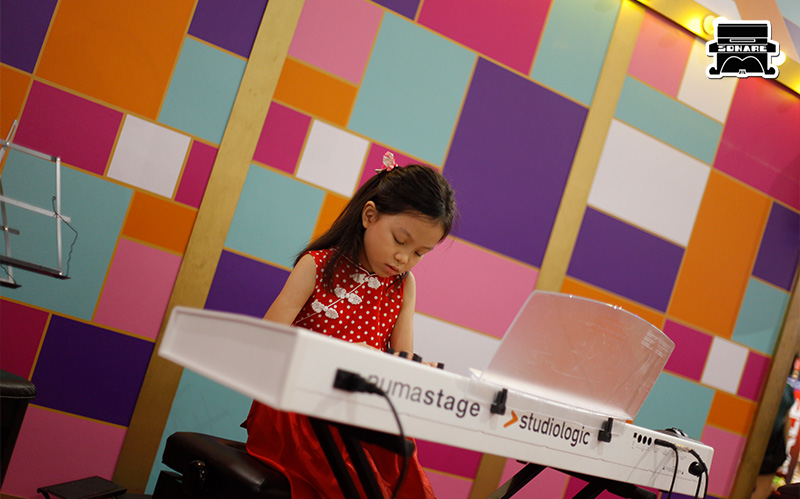Jazz Piano vs Classical Piano: Understanding the Differences for Your Child’s Learning
- Classical study builds strong technical foundations through structure and accuracy, while jazz develops flexibility through improvisation.
- Both styles encourage creativity, though classical focuses on interpretation and jazz highlights spontaneous expression.
- The two approaches foster different learning mindsets: discipline and patience in classical, adaptability and quick thinking in jazz.
- Long-term pathways vary, with classical leading to recitals and examinations, and jazz opening opportunities in ensembles, composition, and diverse genres.
Introduction
For many parents considering music lessons in Singapore, a common question comes up: what is the difference between jazz piano vs classical piano, and which path helps children most? It is not about choosing a “better” style, but about seeing how each one nurtures a child’s growth in different ways.
Understanding these contrasts can help parents support their child in developing both skills and joy from music. This balance matters because research shows that music can shape brain development and emotional growth from an early age, making those first years of learning especially meaningful.
In this article, we explore the main differences between jazz and classical piano, showing how each approach shapes learning, creativity, and long-term development.
How Do Structure and Improvisation Differ in Piano Learning?
A key difference in jazz piano vs classical piano lies in how each style approaches structure. Classical training is built on reading notation and performing set compositions with accuracy, helping children learn discipline and respect for musical form.
Jazz, on the other hand, thrives on improvisation. Students are encouraged to move beyond the written page, shaping melodies in real time and discovering their own voice. This difference shapes how young learners experience music, from faithfully interpreting a score to inventing something uniquely their own.
What Technical Foundations Do Children Gain From Each Style?
Classical training provides a strong foundation in technique, emphasising hand coordination, posture, and precise fingering. These skills are essential for steady progress and support broader aspects of kids’ music development, including confidence in graded examinations.
Jazz also develops technical ability but places greater emphasis on rhythmic freedom, syncopation, and understanding chord progressions. For young learners, this creates a different balance: classical offers structure and precision, while jazz encourages comfort with shifting rhythms and more flexible musical patterns.
How Is Creativity Encouraged in Jazz vs Classical Study?
When comparing jazz piano vs classical piano, creativity is encouraged in different ways. In classical learning, expression often comes through interpretation. Children discover how to add emotional depth to a composer’s work, shaping dynamics and phrasing while staying true to the written score.
Jazz, however, invites learners to be creative from the outset. Improvisation, reworking harmonies, and adding personal touches are central to the style. This makes jazz especially appealing to children who enjoy spontaneous self-expression, and to parents seeking piano classes in Singapore that highlight individuality as much as technical skill.
How Do the Learning Mindsets of Classical and Jazz Differ?
Both classical and jazz nurture valuable mindsets, but they do so in different ways. Classical training develops discipline, patience, and a careful eye for detail. These skills often carry over into academics and other activities.
Jazz, on the other hand, encourages adaptability, active listening, and quick thinking, as students learn to respond within musical conversations. For young learners, these differences shape how they practise, perform, and collaborate, enriching overall music development. Parents who hope to foster both structure and creativity often turn to structured piano lessons for kids, where these qualities can grow side by side.
What Long-Term Musical Pathways Can Each Style Lead To?
The future pathways of jazz piano vs classical piano can look quite different. Classical study often prepares students for formal recitals, orchestral work, and graded examinations that mark steady progress.
Jazz, in contrast, opens doors to ensemble playing, composing, and exploring a broad mix of genres shaped by improvisation. Both styles also strengthen understanding of music theory basics, giving children the skills to explore new directions with confidence as their interests grow.

Conclusion
The question of jazz piano vs classical piano is not about which style is superior, but about how each can support a child’s musical journey. Classical piano builds a solid base in structure, precision, and expression. Jazz adds creativity, flexibility, and the joy of collaboration, offering children different ways to engage with music.
At Sonare Music School, we focus on nurturing this solid foundation so that every child can grow with confidence and, if they wish, explore new styles as their journey continues.
Ready to begin your child’s journey? Book a trial lesson today and let them discover the joy of music.

